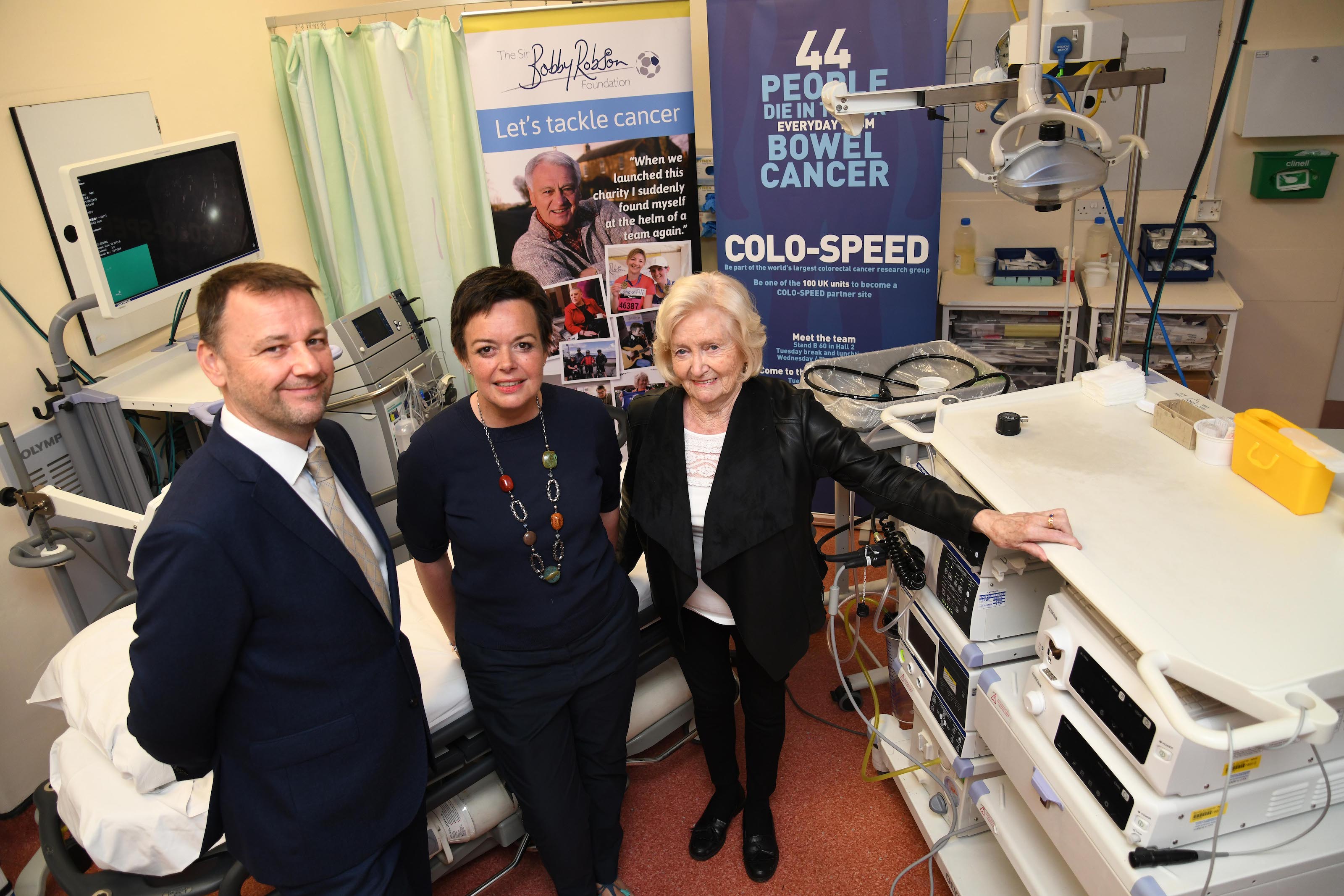
COLO-COHORT aims to develop a “risk stratification tool” to help determine which patients are at highest risk of having polyps or cancer; this tool will be able to be used in the future to work out which patients need to be referred to endoscopy for investigation.
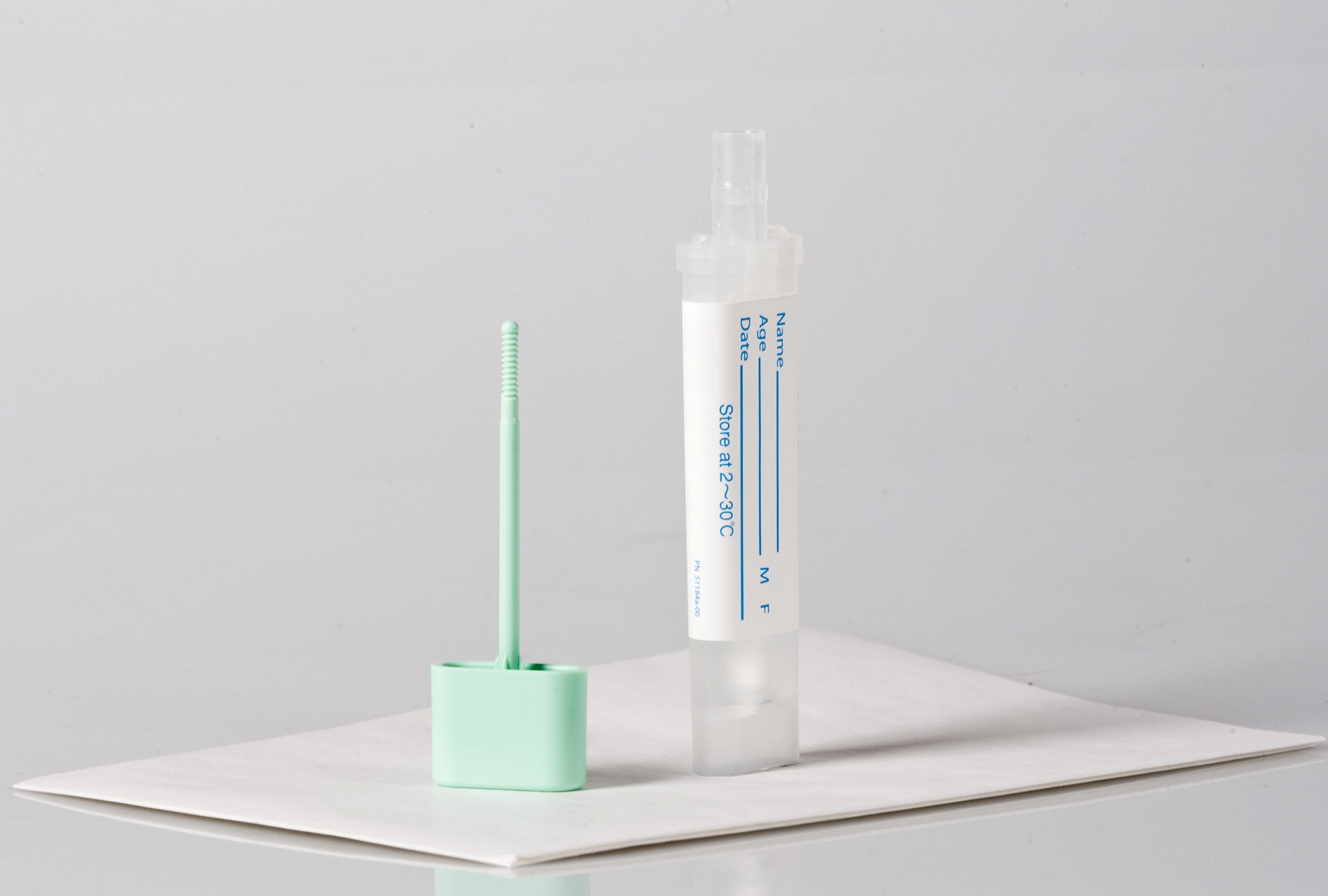
COLO-IT examines how GPs should use a new test, Faecal Immunochemical Test (FIT), to identify which patients with bowel symptoms, are at higher risk of bowel cancer and need to be examined in hospital.
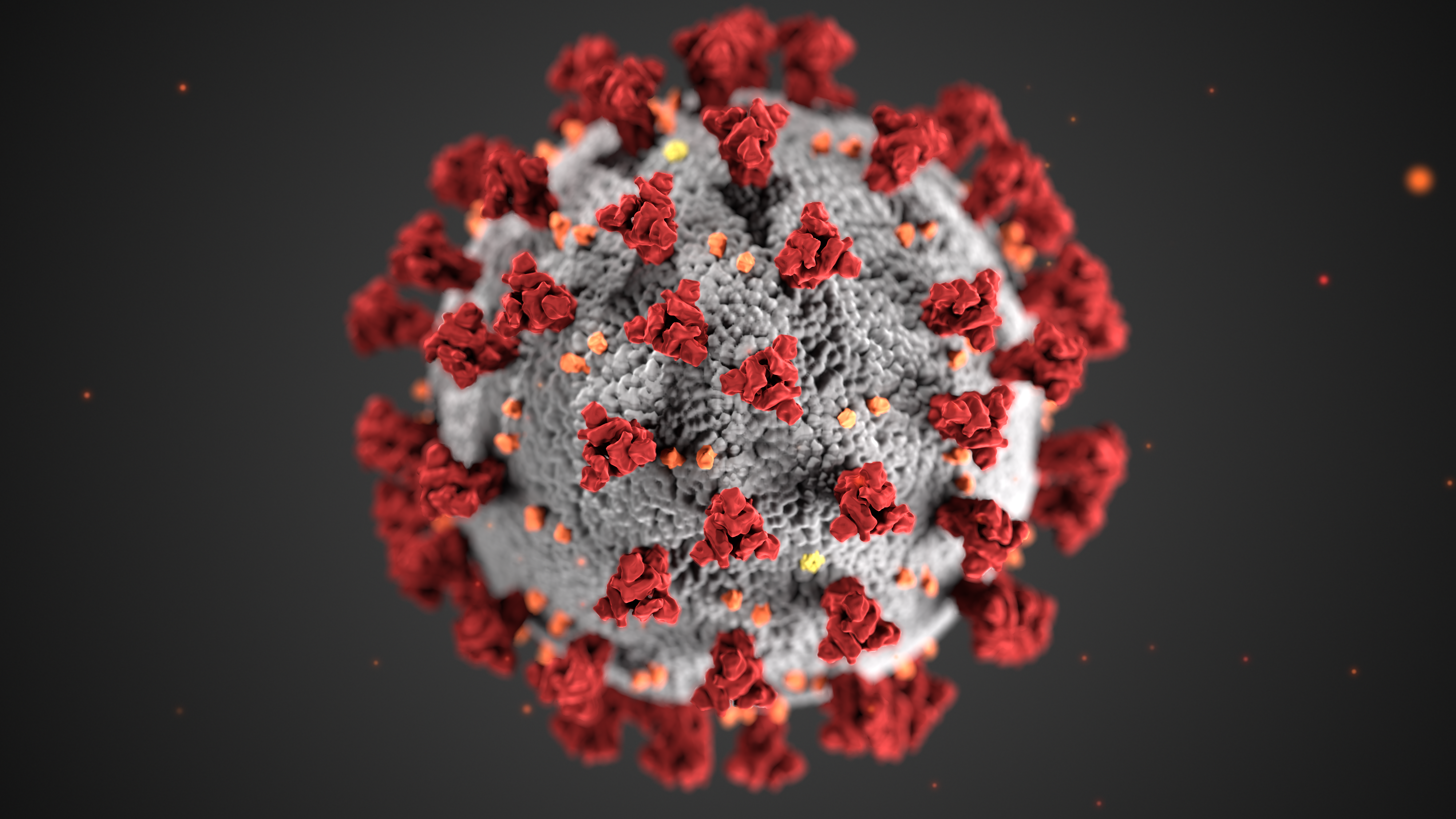
The ICE study aims to understand the reasons why people were/are not comfortable attending endoscopy during this time, as well as exploring the decision-making and experiences of those who did choose to undergo their procedure. We will gather this information using interview as part of a qualitative research study.
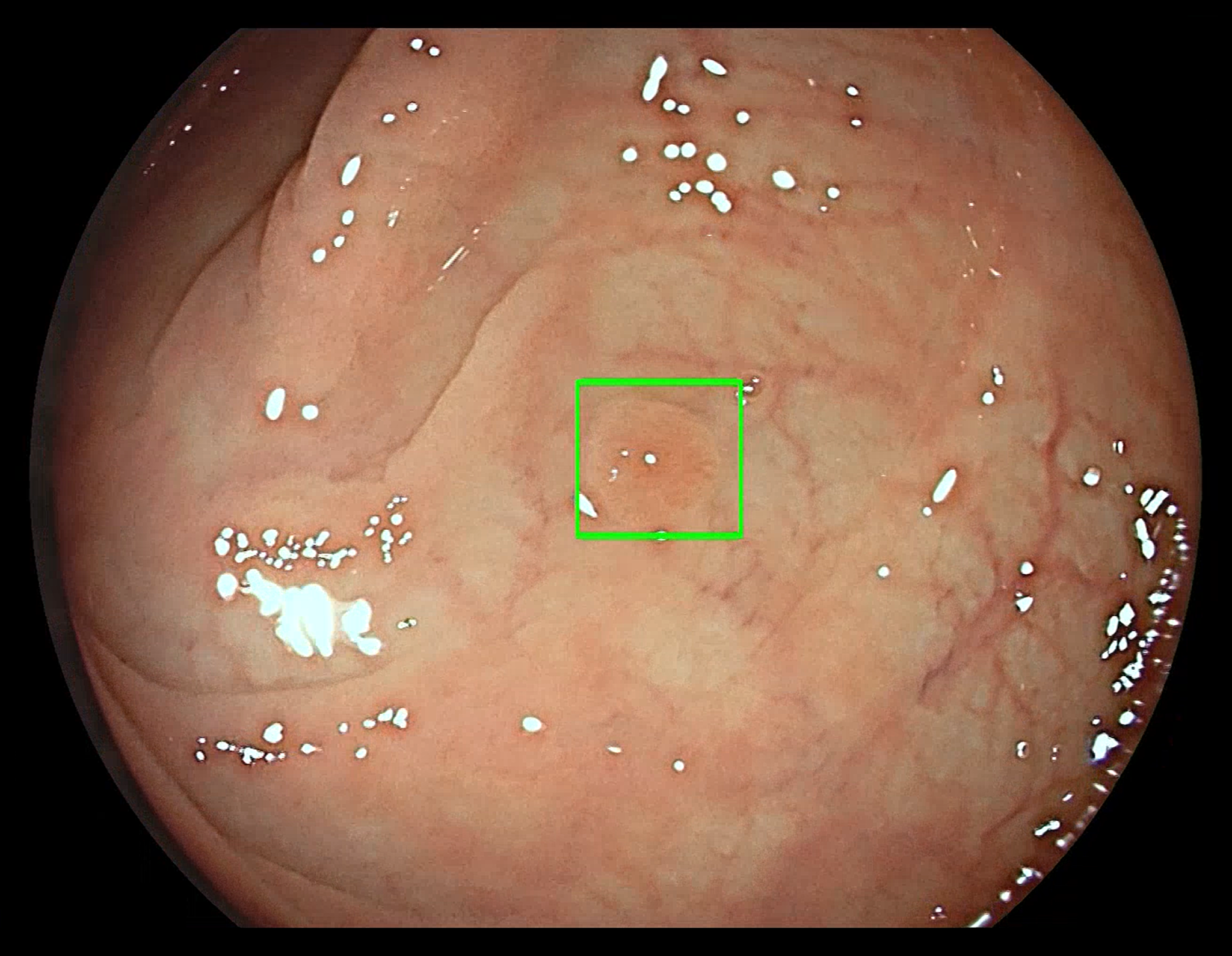
COLO-DETECT is a randomised control trial that will evaluate whether colonoscopy assisted with the GI Genius™ Intelligent Endoscopy Module improves the detection of abnormalities such as polyps and cancer compared to standard colonoscopy.
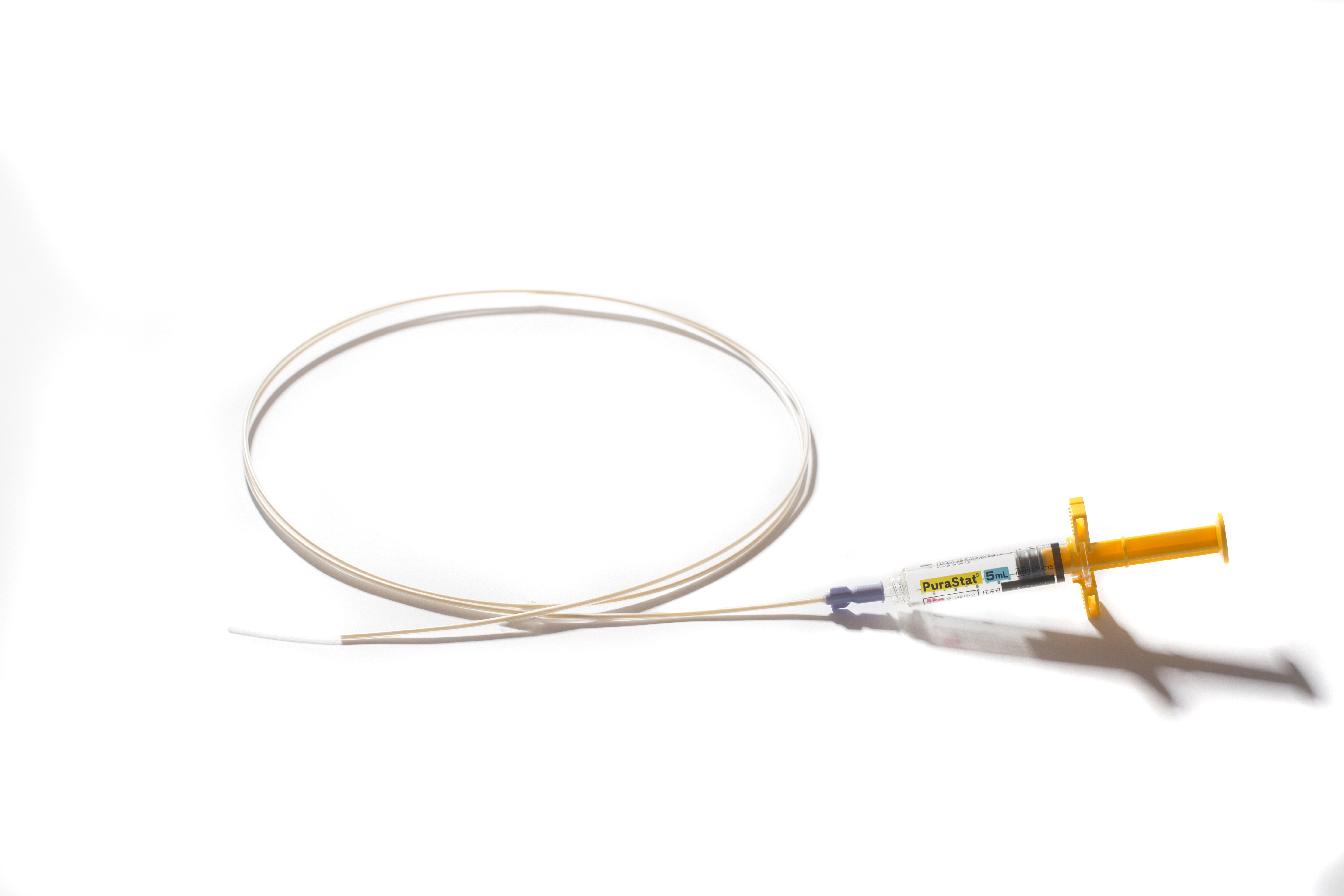
COLO-SPIRIT is a study that will investigate the burden, experiences and management of radiation proctopathy (RP) among cancer survivors, in order to inform the development of a trial of PuraStat© (a synthetic material that aims to control bleeding) as a treatment for RP.
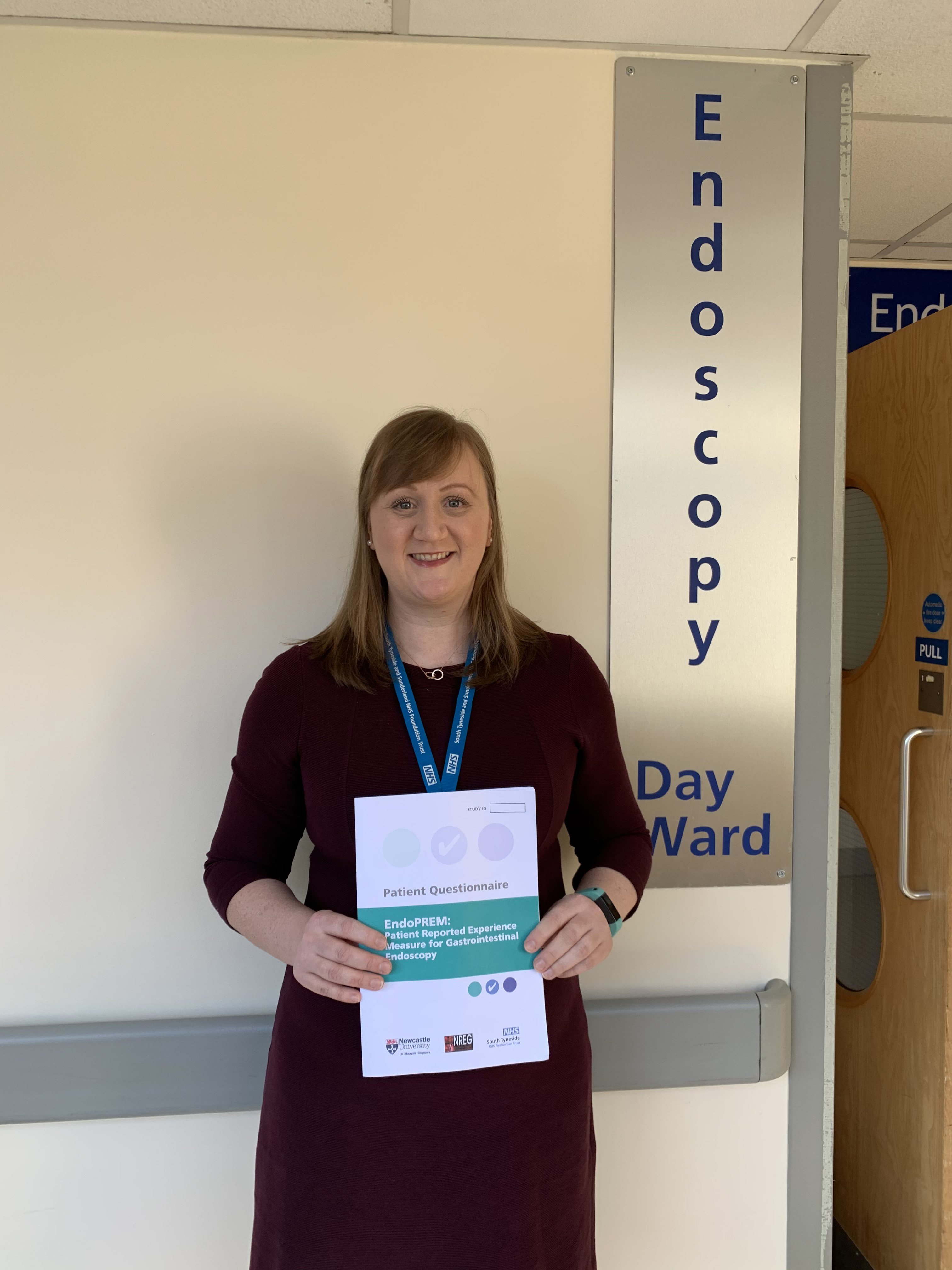
Our main study aim is to develop a tool which measures patient experience (patient reported experience measure, PREM) of gastrointestinal procedures, including colonoscopy. We will then translate the PREM so that it can be used internationally, to help identify areas of these procedures which can be targeted to improve patient experience. It will also be used in clinical trials to compare interventions.

The OSCAR study is a prospective multi-centre cross sectional study looking at the association between obesity, Non-alcoholic Fatty Liver Disease (NAFLD) and colorectal adenomas.
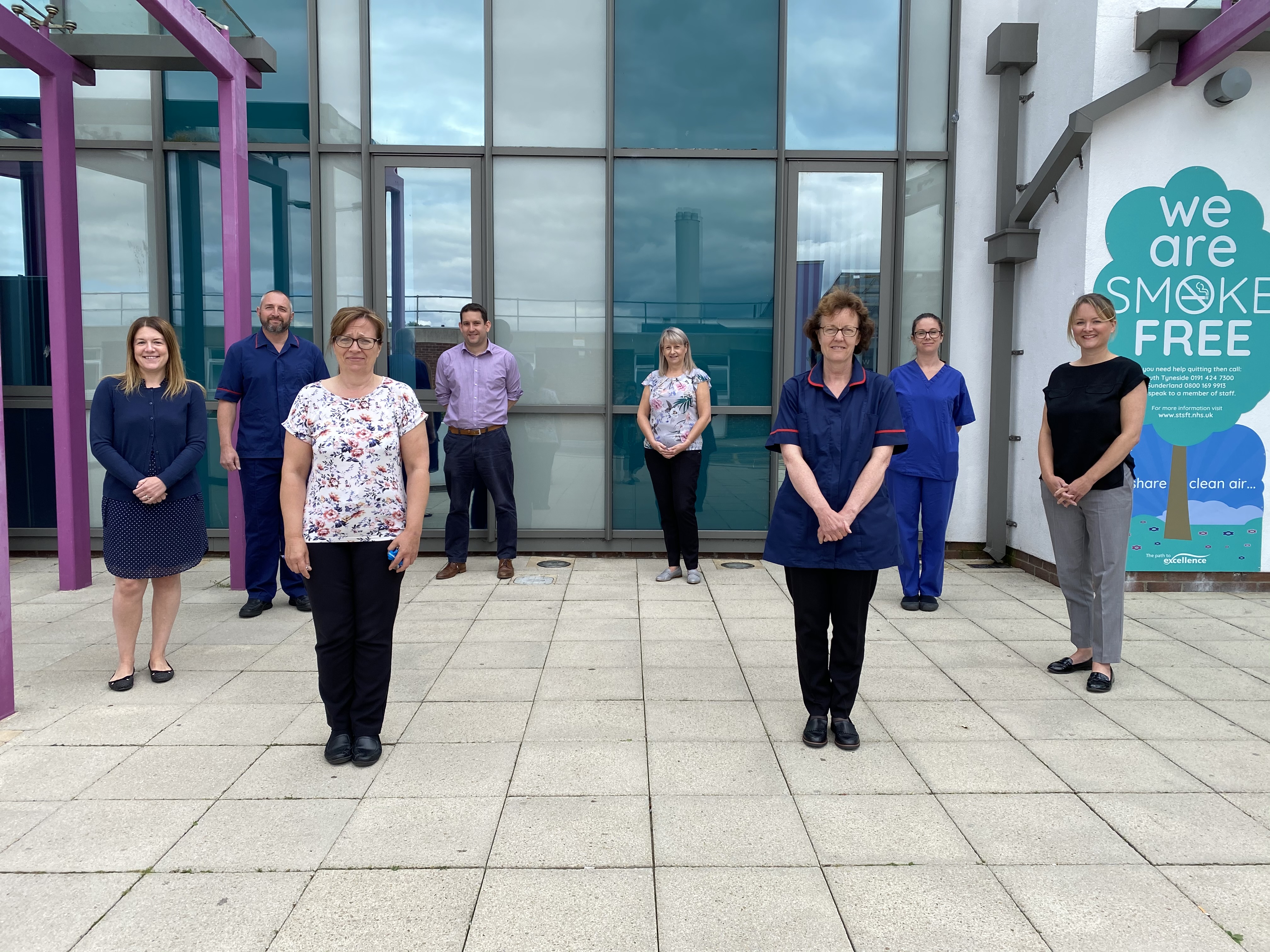
The VODECA study aims to investigate Volatile Organic Compounds (VOCs) which are associated with adenomas (pre-cancerous polyps) and early bowel cancer to improve detection of adenomas and bowel.
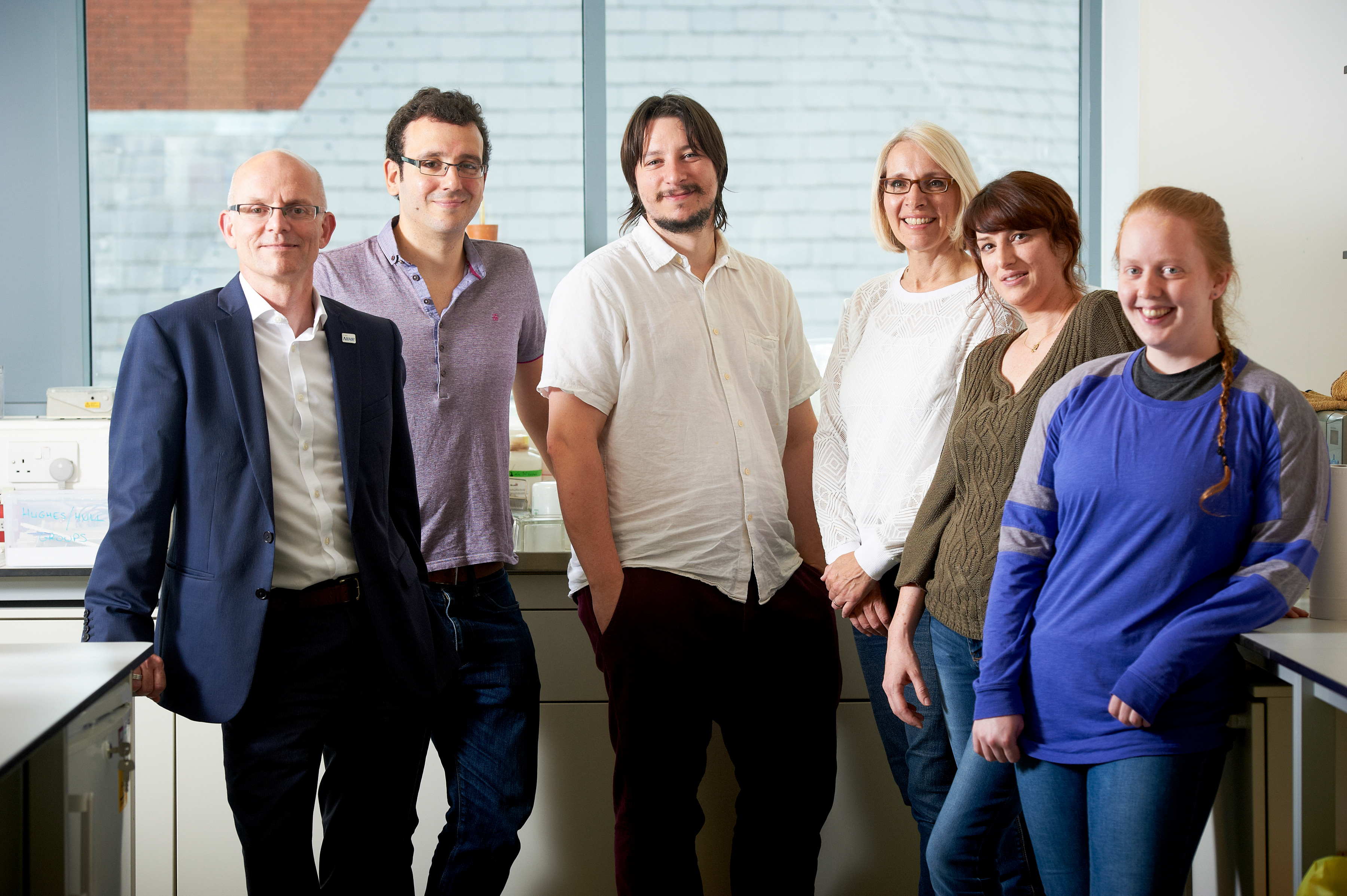
The STOP-ADENOMA study follows on from a completed clinical trial called seAFOod, in which we tested whether aspirin and the omega-3 EPA, alone or together, prevent bowel polyps (which are known to progress to cancer if left unchecked).






